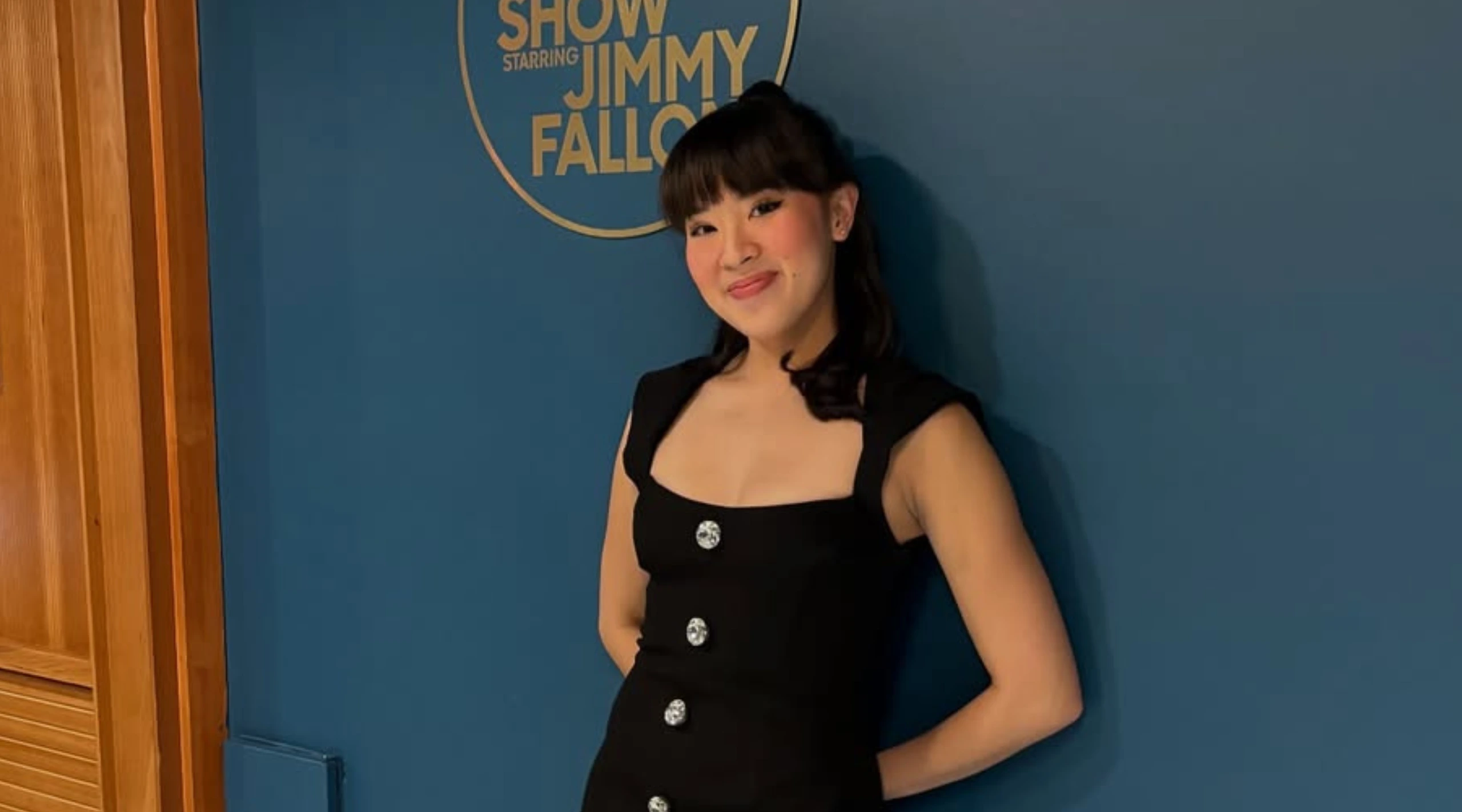How Parents Can Raise a Highly Sensitive Child
How can parents raise a highly sensitive child and help them develop helpful coping mechanisms?
Sometimes, highly sensitive children can make parents question their parenting skills. “Am I disciplining too harshly?”, “Did I say something wrong?”, or “What did I do wrong?” — when it comes to discipline, it usually escalates with kids crying and parents screaming out of frustration. But there are biological and psychological explanations for why their child is highly sensitive.
Sensory Processing Disorder: The Medical Cause of a Highly Sensitive Child
Many quickly dismiss a child’s crying and screaming as being difficult. But often, a child’s distress is usually because they’re overwhelmed and more sensitive than others. Those with ADHD and/or Autism are exceptionally alert and responsive to things around them. Psychologically, we call this Sensory Processing Disorder wherein children are highly sensitive to their environment — smell, taste, and most commonly: touch, sight, and sound.
Moreover, this disorder is genetic, meaning someone in the family probably has it, too.

Another Factor: A Volatile Home
Another factor that can make a child highly sensitive is when the home is volatile. It doesn’t always need to be the usual screaming and physical fighting. A child can become highly sensitive when parents fight via Cold War. The uncomfortable silences, sideward glares, and cryptic but barbed statements can make a highly sensitive child anxious and more observant of mannerisms like shifting eye movement, voice pitch, and more.
How to Raise a Highly Sensitive Child
The one thing parents need to know about a child who is highly sensitive is that they can immediately switch to “fight, flight, or freeze” mode in an instant. When a highly sensitive child screams or cries, it’s their way of trying to “control” the situation. With so many things happening, they either generate a loud sound to block out everything else or to stop all incoming stimuli or dissociate (meaning mentally and emotionally remove themselves from the situation).
But how do you discipline or raise a highly sensitive child without the situation escalating? Here are some ways.

1. Speak with a softer voice.
A lot of times, highly sensitive children scream or cry because they’re overwhelmed and shocked not by the content of the statement but by the volume of our voice. Lowering our voice to a normal speaking level or using our “inside voice” will make it easier to communicate amidst the distressing hustle and bustle. Children are generally known to respond better when tasks are whispered to them because it helps them to focus more on the words, not the volume (Carlson, 2005).
2. Discipline them in an uncluttered and private space.
The physical environment can also be why highly sensitive children get overwhelmed easily. Bright colors, cluttered spaces, and even the acoustics (i.e. echoes of a naturally deep and loud voice) created from the room’s structure can cause situations to escalate because there are just too many things happening. It affects us, too, because when there’s so much stuff in a room, we’re also disturbed by how much clutter there is (Walsh, 2009; Becker, 2014).
3. Don’t go for immediate correction.
In public, parents with highly sensitive children may be more prone to immediate correction because the emotional outburst is as overwhelming as it is embarrassing. However, shushing them or telling them to “stop” adds another stimulus to the process. Instead, let them hold something (i.e. your hand or their face towel) to help them focus on a single thing so they don’t get overwhelmed by other things around them (Tavassoli, Miller, Schoen, Brout, Sullivan, and Baron-Cohen, 2018).
4. Let them warm up at their own pace.
Birthday parties and family get-togethers can be overwhelming for a highly sensitive child from the multiple voices talking, clanking of plates, loud music, random physical contact, and even the food. It’s a struggle for them to take all of that at once and as parents, it’s our job to support the pace they want to process everything. Highly sensitive children may end up feeling ostracized because of their sensory overload but, modeling and supporting the pace they want to process everything can help lessen the chances of it happening (Miller, Nielsen, Schoen & Brett-Green, 2009; Schaaf et. al, 2010).
References:
Becker, J. (2014). Clutterfree with Kids: Change your thinking. Discover new habits. Free your home. Becoming Minimalist.
Carlson, S. M. (2005). Developmentally sensitive measures of executive function in preschool children. Developmental neuropsychology, 28(2), 595-616.
Miller, L. J., Nielsen, D. M., Schoen, S. A., & Brett-Green, B. A. (2009). Perspectives on sensory processing disorder: a call for translational research. Frontiers in Integrative Neuroscience, 22.
Schaaf, R. C., Benevides, T. W., Blanche, E., Brett-Green, B. A., Burke, J., Cohn, E., … & Schoen, S. A. (2010). Parasympathetic functions in children with sensory processing disorder. Frontiers in integrative neuroscience, 4.
Tavassoli, T., Miller, L. J., Schoen, S. A., Brout, J. J., Sullivan, J., & Baron-Cohen, S. (2018). Sensory reactivity, empathizing and systemizing in autism spectrum conditions and sensory processing disorder. Developmental cognitive neuroscience, 29, 72-77.
Walsh, P. (2009). Enough Already!: Clearing Mental Clutter to Become the Best You. Simon and Schuster.
More parenting psychology?
How To Approach Mental Health with Kids
“Tigas ng Ulo Mo!”: How To Parent Stubborn Kids Without Breaking Them
How Positive Reinforcement Works Better Than Scolding









